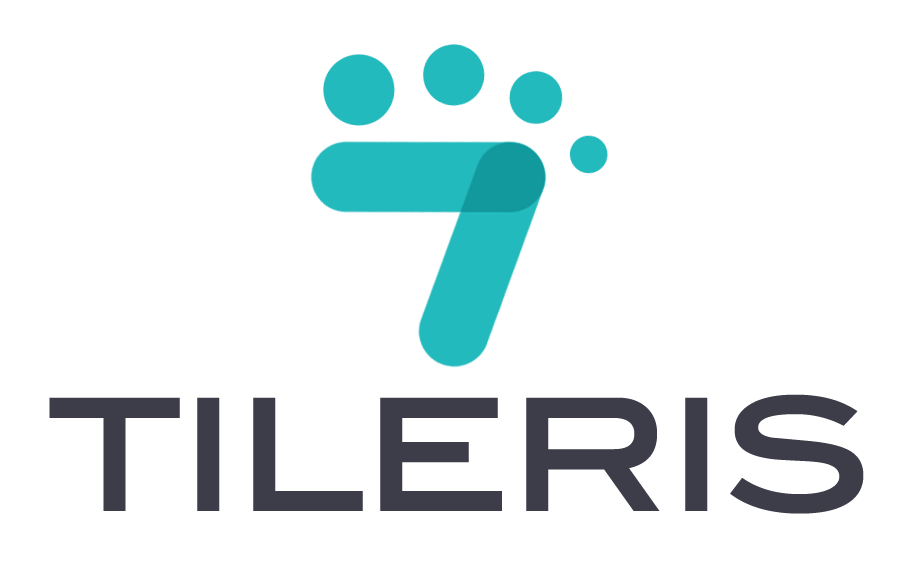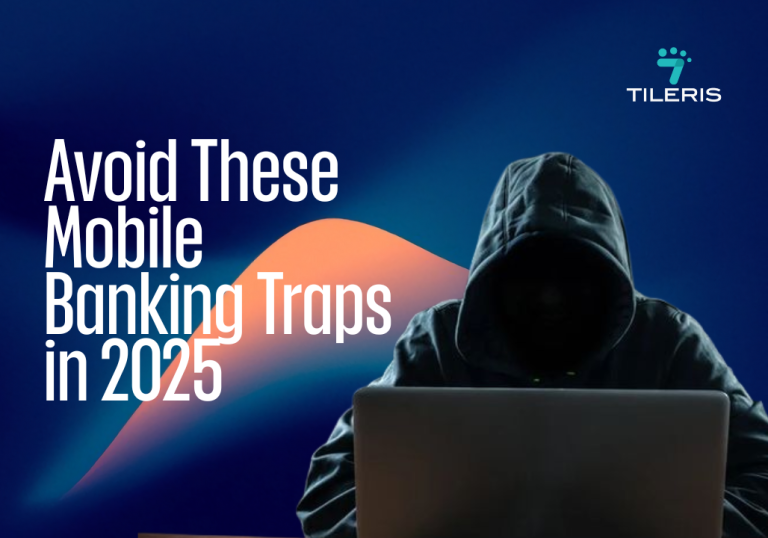Credit Monitoring and Credit Freezes
Introduction
In today’s digital age, protecting your financial identity is more critical than ever. With data breaches becoming increasingly common, your personal information is constantly at risk. Two of the most powerful tools you have in your arsenal against financial fraud are credit monitoring and credit freezes. These services act as vigilant safeguards, helping you detect and prevent unauthorized access to your credit. This article will provide a comprehensive guide on both credit monitoring and credit freezes, explaining how they work, their benefits, and how to decide which option is right for you.
Understanding Credit Monitoring
Credit monitoring is a service that keeps a watchful eye on your credit reports and alerts you to significant changes or suspicious activity. It’s like having a personal security guard for your financial data.
Different Types of Credit Monitoring Services:
- Free Services: Many credit card companies, banks, and free credit score apps (like Credit Karma or Credit Sesame) offer basic credit monitoring. These often cover one or two credit bureaus and provide alerts for major changes.
- Paid Services: Companies like Aura, LifeLock, and IdentityForce offer more comprehensive monitoring across all three major credit bureaus (Experian, Equifax, TransUnion), often including dark web monitoring, identity theft insurance, and dedicated fraud resolution support.
- Credit Score Tracking: Most monitoring services also provide regular updates on your credit scores, allowing you to track your financial health over time.
Benefit: The primary benefit of credit monitoring is its ability to provide early warnings. If a new account is opened in your name, a hard inquiry appears, or personal information changes on your report, you’ll know about it quickly, allowing you to take action before significant damage occurs.
How Credit Monitoring Works
Credit monitoring services operate by continually scanning vast databases and your credit files for unusual activity.
- Tracking Credit Reports: These services maintain a constant watch over your credit reports from the major bureaus. They’re looking for new accounts opened in your name, changes to your personal information (like an address change), new inquiries, late payments, or other potentially fraudulent activities.
- Alerting to Changes or Suspicious Activity: When a significant change occurs, the service sends you an immediate alert via email, text, or through a mobile app. This could be a new credit card application, a loan inquiry, or a public record like a bankruptcy appearing on your report. These timely alerts are crucial for early detection of potential identity theft.
- Providing Credit Scores and Reports: Many services offer regular access to your credit scores (often VantageScore, but sometimes FICO scores) and summaries of your credit reports. Some premium services even provide full credit reports from all three bureaus annually or semi-annually.
Benefits of Credit Monitoring
Leveraging a credit monitoring service offers several advantages for safeguarding your financial well-being.
- Early Detection of Identity Theft: This is the most significant benefit. By receiving timely alerts about suspicious activity, you can quickly identify and respond to attempted fraud, potentially preventing thousands of dollars in losses and countless hours of recovery work.
- Improved Credit Scores (Indirectly): While monitoring doesn’t directly improve your score, it helps you spot errors or fraudulent accounts that could negatively impact your score. By correcting these issues promptly, you protect your credit standing.
- Reduced Risk of Financial Loss: Prompt action upon receiving an alert can stop criminals in their tracks, preventing them from opening multiple fraudulent accounts or draining your existing ones, thereby significantly reducing your potential financial losses.
Understanding Credit Freezes
A credit freeze (also known as a security freeze) is a more proactive and restrictive measure designed to prevent new credit accounts from being opened in your name without your explicit permission.
How Credit Freezes Works
- Restricting Access to Credit Reports: When you place a credit freeze, it essentially locks down your credit report with the credit bureaus. Lenders, employers, or anyone else attempting to access your credit file won’t be able to view it unless you temporarily “thaw” or “lift” the freeze.
- Preventing New Account Openings: Since lenders cannot check your credit report, they typically cannot approve new credit applications made in your name, effectively stopping new account identity theft. This doesn’t affect your existing accounts or your credit score.
Benefits: The primary benefit is that it makes it significantly harder for identity thieves to open new credit lines in your name, even if they have your personal information. It offers a very strong deterrent against new account fraud.
How to Place a Credit Freeze
Placing a credit freeze is a straightforward process, but you must contact each of the three major credit bureaus individually. As of 2018, placing and lifting a freeze is free for consumers in the U.S.
- Contacting Credit Bureaus: You must contact Experian, Equifax, and TransUnion separately to request a credit freeze.
- Experian: Visit experian.com/freeze or call 1-888-EXPERIAN (1-888-397-3742).
- Equifax: Visit equifax.com/personal/credit-report-services/credit-freeze or call 1-800-685-1111.
- TransUnion: Visit transunion.com/credit-freeze or call 1-888-909-8872.
- Providing Required Information: Be prepared to provide personal information to verify your identity, such as your full name, address, Social Security number, and date of birth. The bureaus will provide you with a PIN (Personal Identification Number) or password. Keep this PIN in a secure place, as you’ll need it to lift or remove the freeze later.
- Lifting or Removing the Freeze:
- Temporary Thaw: If you need to apply for new credit (e.g., a car loan, mortgage, or new credit card), you’ll need to temporarily lift the freeze with the specific bureau(s) the lender uses. You can set a date range for the thaw.
- Permanent Removal: If you no longer wish to have a freeze in place, you can permanently remove it with each bureau. In both cases, you’ll need your PIN or password.
Benefits and Limitations of Credit Freezes
Credit freezes offer robust protection but come with certain practical considerations.
Benefits:
- Enhanced Security: A credit freeze is arguably the strongest measure you can take to prevent new account identity theft. It locks down your credit file, making it inaccessible without your explicit consent.
- Peace of Mind: Knowing that new credit cannot be easily opened in your name provides significant peace of mind, especially after a data breach.
Limitations:
- Potential Impact on Credit Applications: You must remember to temporarily lift the freeze whenever you apply for credit, a new job that checks credit, or certain types of insurance. Forgetting to do so can delay applications.
- Does Not Prevent All Identity Theft: A credit freeze prevents new accounts from being opened, but it doesn’t stop a thief from using your existing credit cards, filing fraudulent tax returns, or accessing your medical records. For comprehensive protection, it’s often recommended to combine a freeze with other identity protection measures.
- Doesn’t Affect Credit Score: While this is a benefit, it’s important to note that a freeze doesn’t affect your actual credit score or ability to use existing accounts.
Choosing Between Credit Monitoring and Credit Freezes
Credit monitoring and credit freezes are not mutually exclusive; they offer different, complementary layers of protection. Deciding between them or choosing to use both depends on your individual needs and risk tolerance.
Differences:
- Credit Freeze: Prevents unauthorized access to your credit file and stops new fraudulent accounts. It’s a proactive barrier.
- Credit Monitoring: Alerts you to suspicious activity after it occurs, allowing for quick response. It’s a reactive warning system.
Guidance on Choosing:
- High Risk (e.g., victim of a data breach, identity theft history): Consider both a credit freeze and comprehensive credit monitoring. The freeze prevents new fraud, while monitoring catches other types of unauthorized activity or attempts to use existing accounts.
- Moderate Risk (e.g., general concern about identity theft): A credit freeze offers strong protection against new account fraud. You might also opt for free credit monitoring services provided by your bank or credit card company for basic alerts.
- Regular Credit Applications (e.g., buying a home, frequently opening new credit cards): A credit freeze might be cumbersome due to the need to frequently lift and re-freeze. In this scenario, robust paid credit monitoring might be a more convenient option, though it’s less preventative than a freeze.
- Peace of Mind: For ultimate peace of mind against new account fraud, a credit freeze is the go-to.
Conclusion
Protecting your financial identity is a continuous effort, and understanding the power of credit monitoring and credit freezes is fundamental to that defense. Credit monitoring serves as your early warning system, alerting you to suspicious activity on your reports, enabling swift action against potential fraud. Credit freezes, on the other hand, act as a formidable barrier, preventing identity thieves from opening new accounts in your name. Both tools offer distinct benefits, and for many, a combination provides the most comprehensive shield against financial identity theft. Take control of your financial security today by implementing these crucial safeguards.
Protecting your financial identity is an ongoing and crucial effort, and while credit monitoring and freezes are powerful tools, true security encompasses a broader digital defense. To arm yourself with comprehensive strategies for safeguarding all aspects of your personal information, we urge you to download our free Security Checklist at tileris.com today. Furthermore, for any deeper cybersecurity concerns or personalized guidance tailored to your unique financial and digital needs, please know that our experts are readily available to provide dedicated support and consultation.







